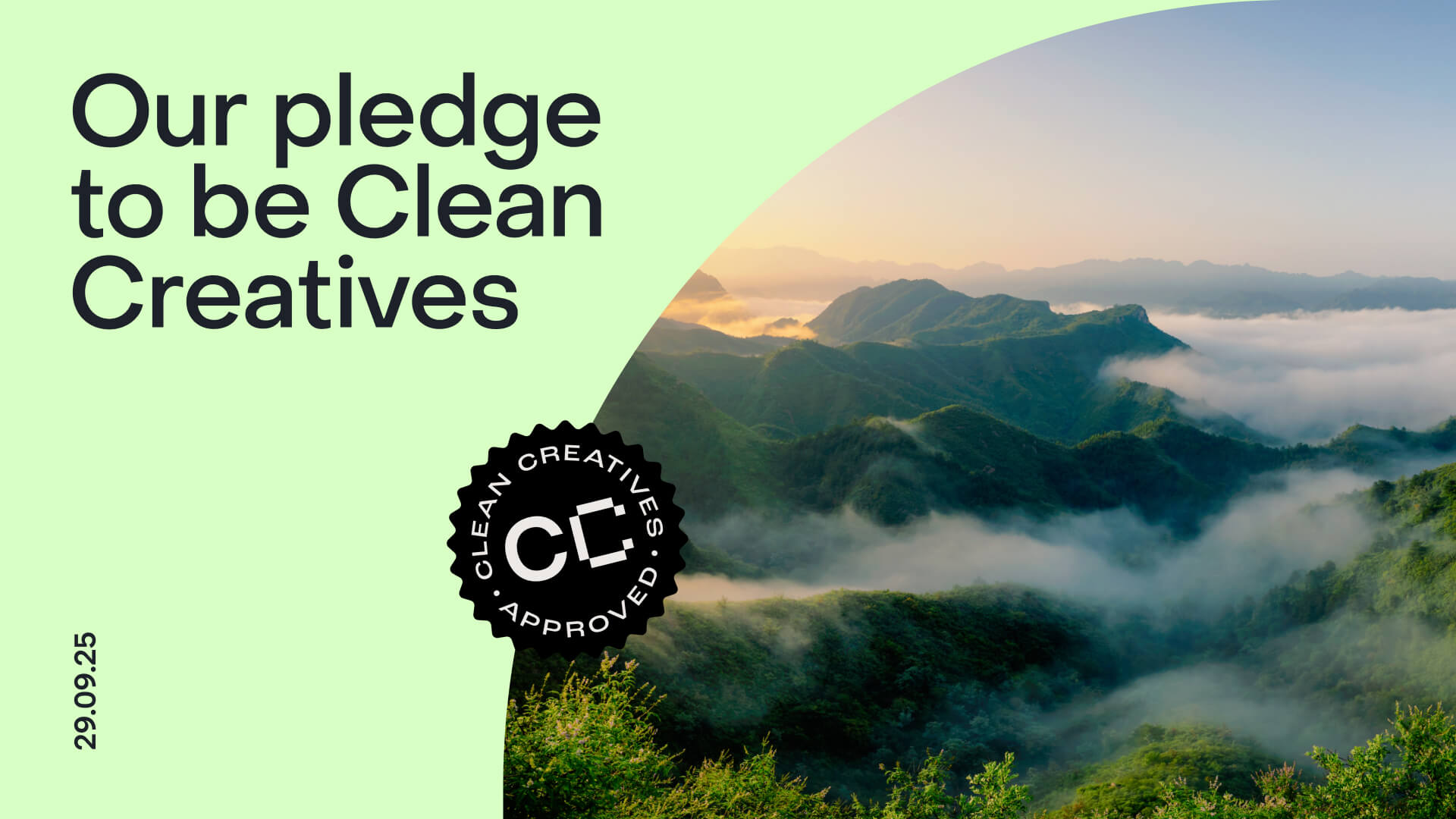This Black Friday challenge yourself to think circularly
Black Friday & Cyber Monday are once again on our collective horizon, advancing the linear economy that continues to damage the environment that supports us all. So perhaps it’s time we ask ourselves, ‘how can we continue to support an event that has such a negative impact on our world? ‘

Evie Grove

Black Friday & Cyber Monday are once again on our collective horizon, advancing the linear economy that continues to damage the environment that supports us all.
So perhaps it’s time we ask ourselves, ‘how can we continue to support an event that has such a negative impact on our world? ‘
What might it look like if we applied the circular economy model to this cultural phenomena? Here we provide conclusions that all point to one unequivocal answer – bin Black Friday.

At the expense of our planet
Perfectly timed just before the festive holidays – where we’re met with touching yet contrived advertisements pulling at our heartstrings – a fear of “missing out” is often the main instigator of this act of mass consumerism.
Far from feelings of happiness and joy, the pressure to buy results in a cocktail of sadness, loneliness, and hostility. This leads many of us to indulge in mass spending, over consumption and impulse buying.
Essentially, Black Friday and its counterpart Cyber Monday fly in the face of a healthy circular economy that brings us all closer together; instead instigating higher greenhouse emissions and waste pollution.
Online shopping in particular is shown to increase the rate of returns, transportation of goods, as well as the millions of tonnes of resources for manufacturing and storing products.
Previous data recorded from 2021 shows that around 0.12% of the UK’s total annual emissions are due to this consumer event. Deliveries from Black Friday sales were estimated to release well over 429,000 metric tons of greenhouse emissions. That’s the equivalent of 435 return flights from London to New York.
Matters are further exacerbated when most products will be used a handful of times and then discarded – with 80% of products bought at Black Friday events ending up in landfill, being either incinerated or recycled poorly.
Getting the right change
These statistics are all the more concerning when we consider the Ethical Consumers Close the climate gap report 2022, which reviews our current emissions against the 2030 goals, revealing that we are not on track to achieve the reduction targets.
The report outlines key actions consumers can take to help bridge this gap. One of the key actions is buying second hand and repairing.
This reminds us further of the EU Green Deal and the importance it places on changing our economy from linear to circular. This model of production and consumption involves sharing, reusing, repairing, and recycling existing materials – to reduce waste pollution via the unnecessary production of new items.
Both references clearly highlight consumer waste as a key issue in our current linear model and climate crisis.
Making a shift to a more circular way of living means making a conscious change to our purchasing habits. This doesn't mean we need to shop sustainability or locally,which aren't always the most financially accessible options. It could be achange in thinking and shopping second hand - one person's trash is anothertreasure. Or just asking ourselves the simple questions - do I really need it, or do I simply want it?
Perhaps then we can finally put a black mark beside the name of Black Friday and discontinue its damaging effects on our personal lives and planet.
Sources:
https://www.invespcro.com/blog/ecommerce-product-return-rate-statistics/
https://www.wastemanaged.co.uk/black-friday-waste/
www.ethicalconsumer.org/sites/default/files/inline-files/climate-gap-2022-report_0.pdf
https://ec.europa.eu/info/strategy/priorities-2019-2024/european-green-deal_en


.jpg)